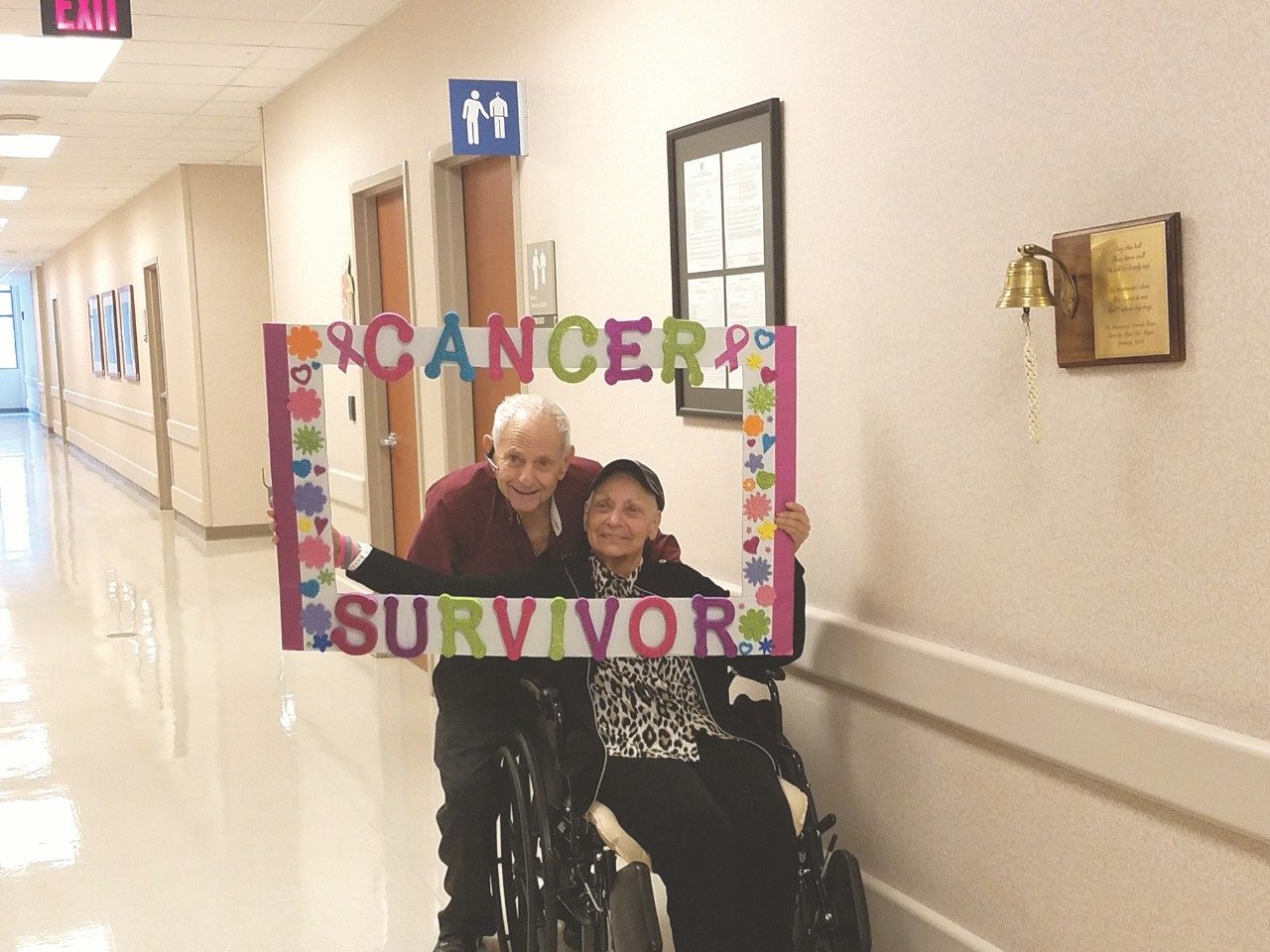About MD Anderson's Colorectal Cancer Moon Shot
MD Anderson Cancer Center’s Colorectal Cancer Moon Shot aims to reduce colon cancer deaths by 30% over the next 10 years
LEADERSHIP
- Scott Kopetz, M.D., Ph.D., associate professor, Gastrointestinal Medical Oncology
- Stanley R. Hamilton, M.D., division head, Pathology/Laboratory Medicine
- Ernest T. Hawk, M.D., vice president and division head, Cancer Prevention and Population Sciences
Colorectal cancer is the third most common cancer among men and women in the United States and is the second leading cause of cancer death worldwide. In recent years, there has been an alarming increase in deaths among adults under age 40.
GOALS
- Reduce colon cancer deaths by 30% over the next 10 years
- Conduct research in early detection and prevention, molecular research and clinical applications, and immunotherapy
Early detection through new blood-based screening test, replacing colonoscopy:
Researchers have identified two protein biomarkers in the blood that potentially can warn doctors and patients about early cellular changes that precede cancer development. The team is working to discover more of these markers and will validate those with highest potential before testing them in patients.
New classification and treatment of colorectal cancer using integromics:
This involves looking at the RNA, miRNA, methylation, non-coding RNA, histone and microbiome profile of a malignancy to categorize by subtype and thus improve targeted treatment. The ATTACC2 clinical trial is based on this classification of four new major subgroups of colorectal cancer, each being treated with new drug combinations. One subgroup is being treated with the new OXPHOS inhibitor developed at MD Anderson's Institute for Applied Cancer Science.
Immunotherapy trials:
The team is evaluating whether it is possible to improve patient outcomes by using immunotherapy medications before surgery. Advances are being made toward a personalized cancer "vaccine" to boost the immune system, developed with tissue from the patient's tumor.
Genetic testing and counseling for young adults:
A third of colorectal cancers diagnosed before age 35 are hereditary. MD Anderson offers genetic testing to find mutations that could cause a hereditary syndrome leading to colorectal cancer, such as Lynch syndrome or familial adenomatous polyposis.
















